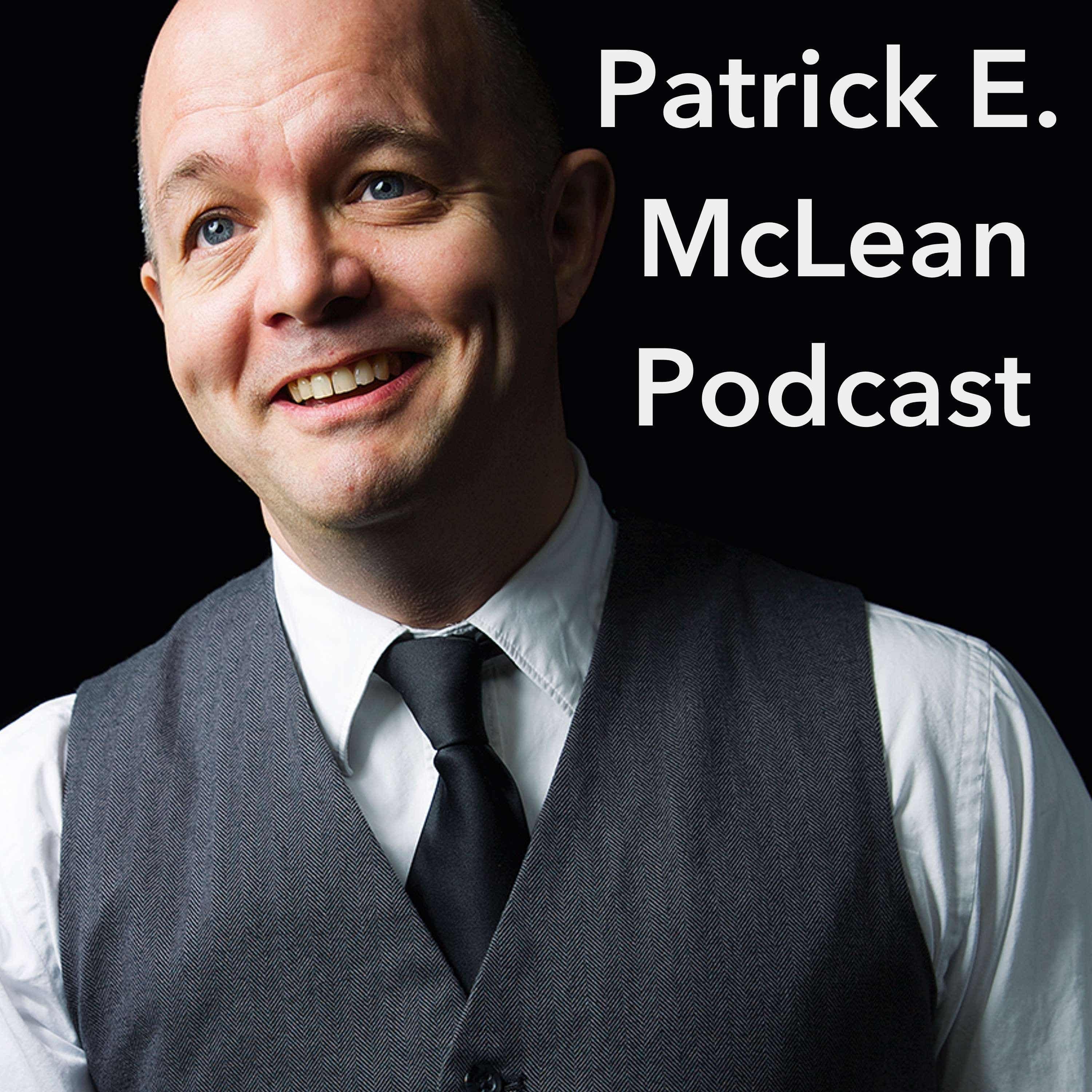How It's Written: The Mandalorian
Description
This week, I'm trying something a little different. In addition to this essay and podcast, I made a video.
It’s part of my ongoing series, “How It’s Written” I’m explaining, in detail, why I think the TV show the Mandalorian is so well-written. And to do that, I delve into the world of the internal story. I think this essay it's more fun as a video, but it totally works as a podcast or an essay. So consume in the form that you find most palatable.
Introduction
Today on "How It's Written" we're going to dig into the immensely popular Mandalorian, I've seen lots of people commenting on this story, good and bad, but I don't think any of them have really nailed what makes the show so great.
But that's not surprising, because that's what a well-crafted story does. It hides its workings so that you are drawn into and through the story, without fully realizing what's being done to you.
But I'm going to lay it all out for you. Obviously, if you haven’t seen the whole show, here’s your spoiler alert. Go binge it and come back.
The most important thing to realize is that for all it's wonderful action sequences, The Mandalorian is driven by its internal story. And if you don't know what I mean by that, or that all great stories are driven by the internal conflict, stick around.
Internal v. External Story
So, quick primer. One way to think about an internal story is that it is the story that matters most to the main character. I think this is what William Faulkner meant when he said, “The only thing worth writing about is the human heart in conflict with itself.”
Take Rocky, for example. On the outside, Rocky is a movie about a hopeless loser who tries his best who gets a shot, tries his best, and loses. In fact, he gets beat up and loses in front of his girlfriend. But on the inside, it's a triumph. And we triumph with him. Which is why we love Rocky.
Could you tell the story of Rocky without the boxing scenes? On one hand, the idea is silly. The boxing is how you show the conflict on the screen. It’s how Rocky demonstrates his passion and sacrifice. When you write a book you can put the reader directly into the mind of your character, but with film or television, you can't. So you have to have some way to symbolize what’s going on in your character’s head.
But it can be anything that’s fun to film, boxing, wrestling, bobsledding, hunting a giant shark, a chess game, performing a difficult piano concerto, lightsaber duels, or a gunfight.
So here's how the show works
Every episode has the same structure. Mando gets a job, Mando does a job. He wants someone from someone, in exchange, they give him a quest, and he completes it in exciting and unexpected action sequences.
That's it. That’s pretty much all there is to the external story. It's a formula and I love it. And, unless you're over-intellectualizing it, or trying to score clicks in pointlessly snarky YouTube commentary, you love it too. Because it’s amazingly well done.
Because as fans and viewers don't want our expectations subverted. We don't want genre conventions broken. We want all of those things honored and given back to us in a way that makes them fresh and new. We want our expectations fulfilled in a way that we don't see coming, or with such a high emotional charge we just don't care.
And I think that is one reason the Mandalorian is so refreshing. It doesn't have any pretensions to being important to the culture. They're just trying to tell an entertaining story. And that’s all that George Lucas was doing when he made the original films. And it’s not a thriller. The whole world isn’t a risk. The Galaxy is not in jeopardy. The kid is. And for me, that makes the stakes more real.
Is anything in the universe going to change if Baby Yoda gets snuffed? Probably not. But, to the Mandalorian, it would be
More Episodes
Short fiction every week and serial novel "A Town Called Nowhere"
Published 08/22/22
Published 08/22/22
Laura looked out over what was left of the Town of Grantham. Smoldering buildings. Bodies scattered across the street. She realized that this was the reality. This was the natural state. There would be no rescue. Not by Virgil nor anyone else. She felt an urge to lay down with the dead and be at...
Published 07/29/22


